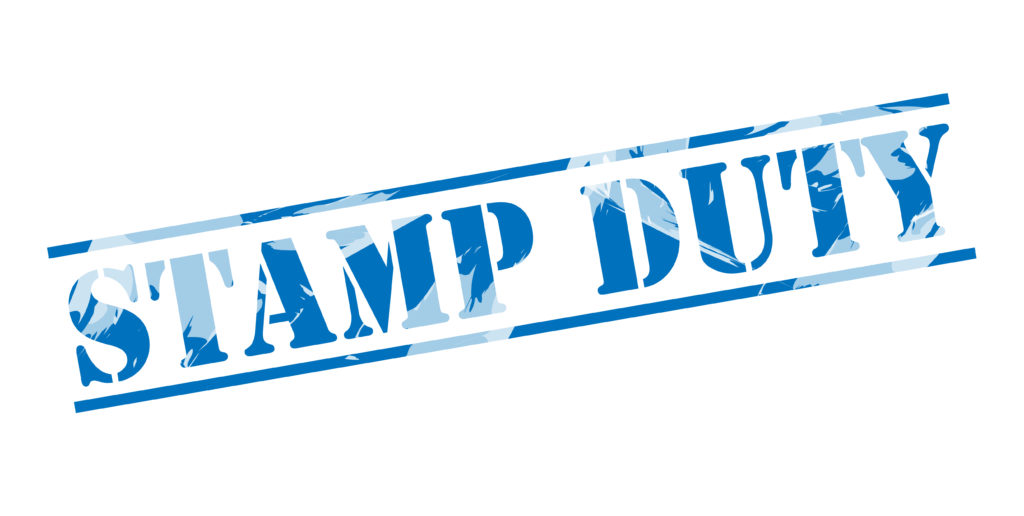If you are on this page to read about stamp duties in Nigeria, then you are on the right page for information. In this article, we will discuss everything you need to know about stamp duties in Nigeria. This includes the purpose, the guidelines, and all other important things you need to know that relate to the subject.
To start with, stamp duty has been an underutilized source of revenue for the Nigerian government. The government enacted the stamp duties in 1939 to provide a statutory basis for imposing duties on executable dutiable instruments. However, these dutiable instruments were ignored by the duty players and the collection agencies.
However, in the last 5 years, stamp duty has gained more prominence as a regular bank charge in Nigeria. Although many Nigerians frowned at this because they believe the charges are unnecessary or unauthorized. But the fact is, we can attribute these complaints to a lack of awareness about what stamp duties stand for.

What is stamp duty in Nigeria?
Basically, stamp duty is a government, be it Federal or state levy that is charged on written or electronic transaction documents. They charge this levy in accordance with the Stamp duties act of 1939. They charge the stamp value duty levy as a flat rate or percentage of the transaction/instrument value, taking the nature of the instrument into cognizance.
Guidelines to the administration of stamp duties in Nigeria.
The following are the guidelines by the FIRS concerning stamp duties in Nigeria:
- Stamp duties are applicable to all dutiable instruments. This includes agreements, contracts, receipts, promissory notes, insurance policies, and other instruments that they in the schedule stamp duties act.
- Henceforth, stamp duty is chargeable on both physical and electronic dutiable instruments. This can either be as a fixed sum or a percentage of the consideration on the instrument.
- The FIRS is the only competent authority to impose, charge and collect stamp duties on all dutiable instruments executed between an individual and a company.
- A fixed rate of N50 FIRS adhesive stamp will be applicable on all receipts. Additionally, electronic transfers that are above N10,000 through the Money deposit banks will attract a stamp duty of N50. The money deposit banks in the Federal Inland Revenue Service (FIRS) must compulsorily remit these charges.
- All stamp duties due to the Federal government and collectable by the FIRS are to be remitted into the FIRS stamp duties account
- Failure to remit or deduct stamp duties into the appropriate stamp duties account would attract penalties and interest.
- The postage stamp administered by the Nigerian Postal Services (NIPOST) for the delivery of goods does not denote stamp duties. Therefore, this means it is not a substitute for the FIRS adhesive stamp.
- The payment burden of stamp duties on contracts and bank transfers is that of the beneficiary of the contract and the customer who initiated the transfer.
Other Related Articles:
Conclusion:
The deduction of stamp duty charges in Nigeria on electronic or written transactions is a move by the FIRS. This is to make it a source of revenue for the Federal Government. Also to cater for their budgetary requirements due to the dwindling oil revenue.